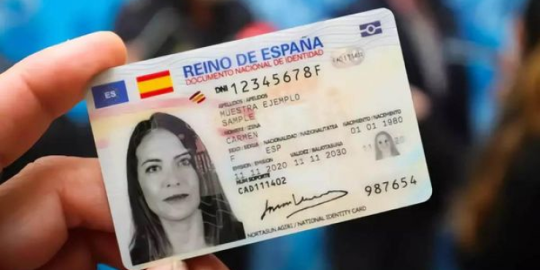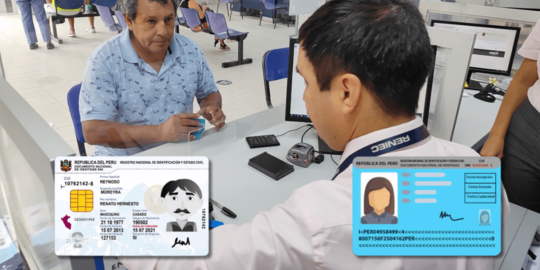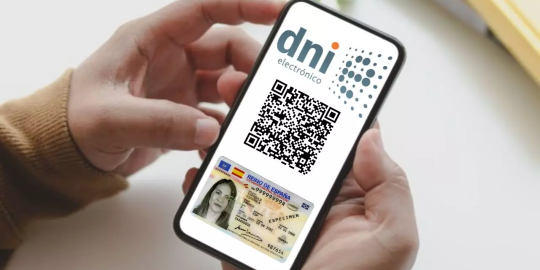
In today's digital landscape, sharing personal information online has become an inevitable necessity. However, with the rise of identity theft and fraud, it's crucial to exercise caution when disseminating sensitive data like national identity documents. The National Police, recognizing the value of these documents, offers prudent recommendations to ensure secure sharing practices, empowering individuals to safeguard their privacy without compromising accessibility.
Safeguarding Your Identity: A Delicate Balance
The national identity document (DNI) is a cornerstone of personal identification, holding immense value and importance. With a simple touch-up, individuals can ensure that this vital document cannot be maliciously exploited while retaining its validity and purpose. The question arises: does a 'retouched' document hold any legitimate value? The answer is a resounding affirmative, as the essence of the document remains intact.
The Elche Police Initiative: Proactive Protection
In an effort to increase awareness, the police in Elche distributed a helpful illustration showing how to safely alter a copy of the DNI. This initiative is designed to deter identity theft by encouraging the secure dissemination of personal information. With the convenience of smartphones and their built-in editing tools, making modifications to a DNI copy to conceal sensitive data is straightforward, thus preventing the risk of personal information falling into the wrong hands.
The Retouching Process: Step by Step

The Police have outlined a straightforward process for retouching a copy of the DNI, applicable to both Android and iOS devices:
- Include a text annotation indicating the purpose for sharing the document, such as "hotel reservation."
- Blur or pixelate unnecessary data, such as the date of issue, validity period, or signature on the front side.
- On the reverse side, obscure the data adjacent to the DNI chip through pixelation or blurring techniques.
Using a mobile device's native gallery app, users can seamlessly edit the image by enlarging it, accessing the editing tools, and utilizing brushes or text options to apply the recommended modifications. Once completed, the retouched image can be saved for future use and conveniently accessed when needed.
Sharing Scenarios: When Discretion Matters
Certain situations necessitate the sharing of a DNI copy, such as obtaining a vehicle registration replacement or conducting second-hand transactions through online marketplaces. In these cases, sharing the retouched copy provides a secure alternative to revealing the original, unaltered document. It's essential to be careful and avoid giving the original document to purchasers, as this might lead to the possibility of identity theft or fraudulent activities.
Public Administration: A Distinct Approach
When interacting with public administrations, a different protocol should be observed. Since 2006, it has been prohibited for government entities to request a photocopy of the DNI. Similarly, during job interviews, individuals should refrain from sharing their DNI until an employment contract has been formally signed, safeguarding their personal information from potential misuse.
Empowering Individuals, Protecting Identities

The National Police's initiative underscores the importance of striking a balance between accessibility and privacy when sharing personal identification documents. By providing clear guidelines and leveraging the capabilities of modern technology, individuals can exercise greater control over their digital footprint, mitigating the risks associated with identity theft and fraudulent activities. Embracing these proactive measures not only safeguards personal information but also fosters a safer and more secure online environment for all.